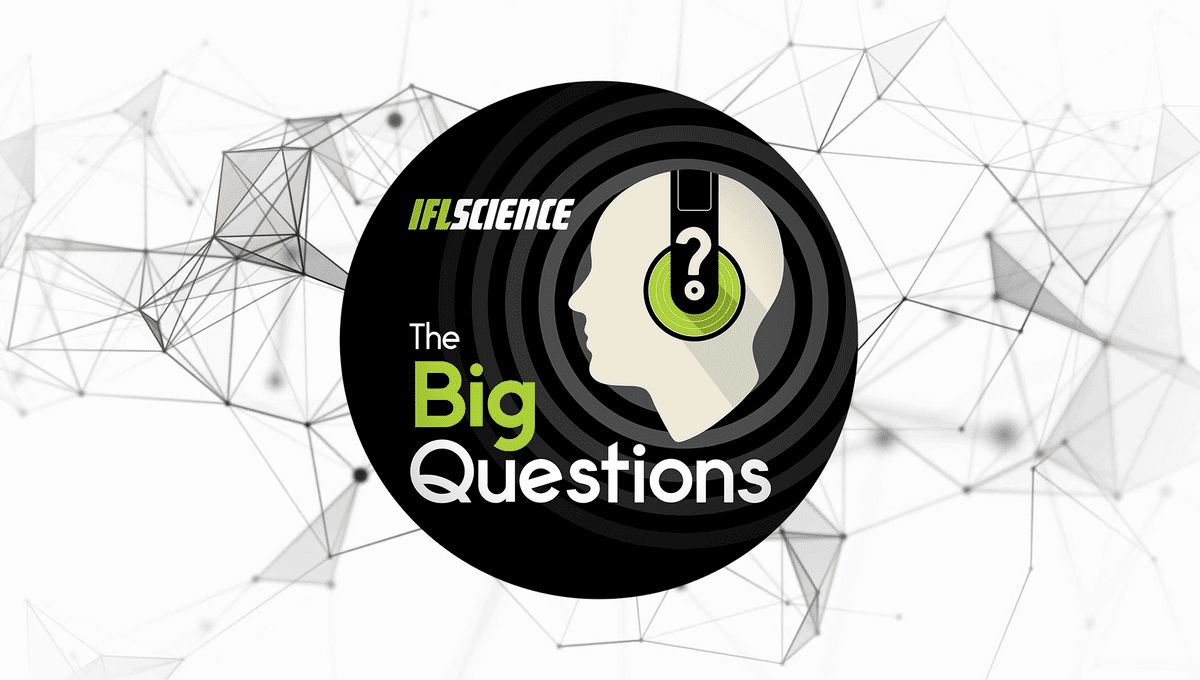
Every second of every day, whether we’re actively aware of it or not, we’re using our imagination: from what we might have for dinner to life on other worlds. But how can our brains conjure up stuff that we are not looking at or even images of things that don’t exist? Our host Dr Alfredo Carpineti is joined by cognitive scientist Professor Tyler Marghetis from the University of California, Merced to discuss how imagination works, how we can have “Eureka!” moments, and if imagination works the same for everyone.
You can listen to this episode and subscribe to the podcast on all your favorite podcast apps: Apple Podcast, Spotify, Google Podcast, Podbean, Amazon Music, and more. A transcript of the conversation is available here.
Source Link: IFLScience The Big Questions: How Does Imagination Work?